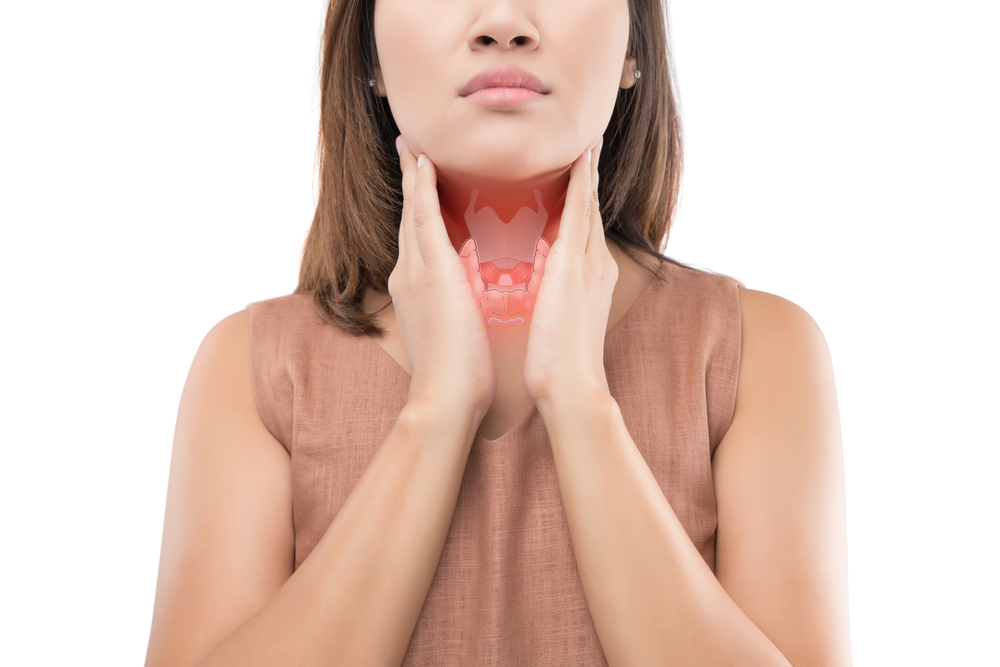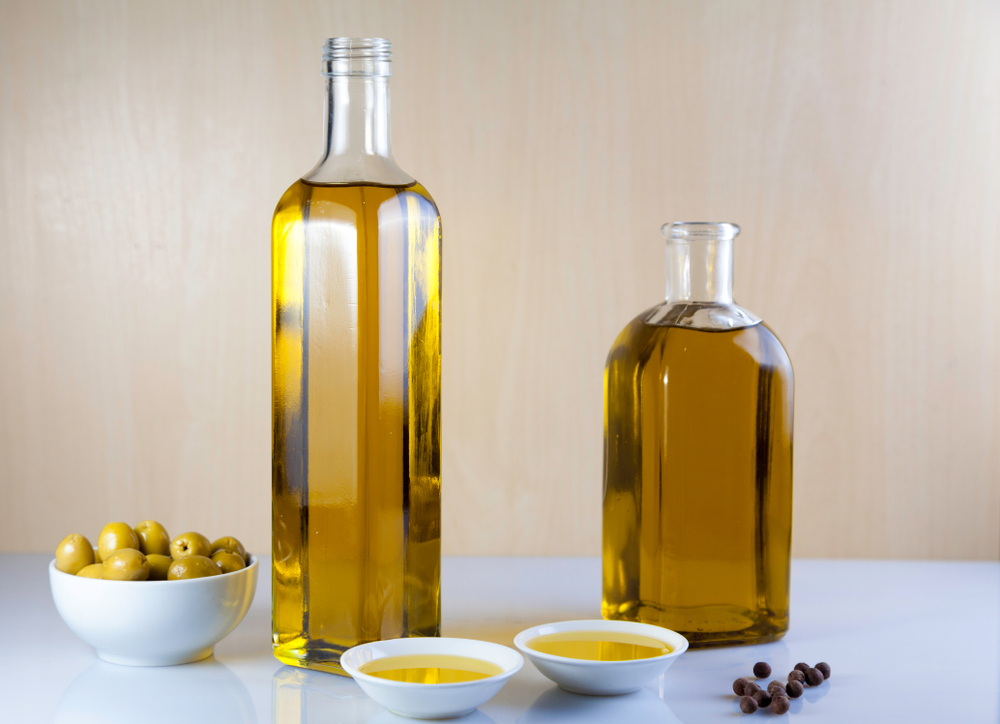Sudden itchy skin can be irritating to torture. Sometimes, itching can last a long time and spread to other areas of the body. When you scratch the skin, the itching will get worse. And the more itchy your skin, the harder you scratch it.
Generally, just by researching the skin more carefully it will be able to tell you about the root of the problem - whether it is a mosquito bite or a red rash typical of allergic reactions. However, checking the skin with the naked eye cannot always help determine the cause of your itchy skin. Itching can also occur without lumps, blisters, rashes, pimples, or other skin disorders.
What causes sudden itchy skin?
Itching is a normal body response to protect us from harmful external substances or parasites such as insect bites. Itching or pruritus can be concentrated in one area or inflamed throughout the skin.
Although sudden itching without obvious causes is more common in older people, there are a number of medical and skin conditions that might underlie your problem. For example:
1. Dry skin
If you don't see a reddish rash or other dramatic changes in the area itching, dry skin (xerosis) may be the cause. Dry skin conditions are not serious, but can make you feel uncomfortable. When the skin becomes dry, the cell will shrink, resulting in wrinkles and fine lines. The skin may feel tense or interested in shrinking. You might also see scales, flakes or skin peeling on mild to moderate itchy skin.
Dry skin is usually the result of old age or environmental factors, such as being in a cold place for a long time, taking a shower / bathing in too long, hard soap, itchy clothes, irritation due to certain products (such as certain metals or perfumes), to the wrong use of skin moisturizing products.
2. Drug reactions
Antibiotics, antifungal drugs, or narcotic pain relievers can cause sudden itching that extends throughout the area. However, most drug reactions will cause a rash together with itching.
3. Ringworm
Ringworm is an infection in the groin area (groin) caused by fungal growth. This skin condition is mainly found in adolescents and adult men, but women of all ages may be able to have it too.
Tinea cruris, the medical name for ringworm, occurs in warm and humid areas, and often appears along with mushroom feet. Ringworm will usually be found near the upper thigh fold, and can be identified by sudden itching in the groin area and scaly skin. Ringworm is generally exacerbated by constant moisture and friction in the groin area that comes from sweat and clothing. Non-prescription mushroom powder can cure mild to moderate ringworm cases, while severe cases of infection require a doctor's prescription.
4. Scabies
Scabies is a skin condition caused by mites (Sarcoptes scabiei) that dig small holes in our skin. This skin condition also causes red spots that appear in the area of the bite of the mite. The sudden itching feeling associated with this condition often occurs most severely at night. Scabies is very contagious and spread due to long-term skin contact with people with this disease, such as when sharing towels, sheets or clothes.
5. Pregnant
During pregnancy, some women experience itchy skin without obvious symptoms, especially in the abdomen, thighs, chest, hands, and folds of the skin, such as the inside of the knee or elbow. Stretched skin or hormonal changes may cause sudden itchy skin if you are pregnant.
In some pregnant women, symptoms of certain skin conditions, such as eczema can arise even worse. You can experience dermatitis for the first time during pregnancy. Your doctor can recommend safe treatments to relieve itching and eczema.
6. Internal disease
Sudden itchy skin can be a symptom of an underlying disease. These include various possibilities, such as diabetes, liver disease, kidney failure, iron deficiency anemia, thyroid problems, celiac disease, HIV / AIDS, Sjögren's syndrome, blood disorders (for example, polycythemia rubra vera), and cancer (including leukemia and lymphoma).
Stress and other psychiatric illnesses, such as anxiety, depression, and obsessive-compulsive disorder can also cause sudden itchy skin without obvious symptoms.
Itching usually affects the whole body. In this situation, there may be no change in the appearance of the skin (except only a few scratches).
How to treat sudden itching?
As much as possible avoid scratching the itch. Press the skin when itching. To relieve itching, compress the area of itchy skin with a towel soaked in saline solution, or scrub with cold oatmeal porridge. Non-prescription drugs such as calamine powder are not fully proven effective, but there is plenty of evidence that reports the use of calamine can relieve itching and is safe for pregnant women.
Finding the root of the problem from itching and possible underlying disease is the first step in the treatment of sudden itching, so that treatment will be adjusted to the treatment of the disease. If the drug reaction is thought to be the cause of itching complaints throughout the body, switching to a different drug can reduce itching. Consult with your doctor first. Doctors may prescribe medications to treat itching, including topical antihistamines and steroids. Steroid pills and antibiotics may also be needed - but very rarely.
To protect the skin from sudden itching later on, do this:
- Apply skin moisturizer specifically for sensitive skin. This moisturizer can relieve itching due to dry skin
- Use sunscreen regularly to prevent sunburn and skin damage
- Use mild bath soap and detergent that will not irritate your skin
- Cold or warm lukewarm bath - not hot water
- Use loose clothing and bedding (sheets, blankets, pillowcases and bolsters) made of cotton
- Certain products such as jewelry, perfume, cosmetics, iron watches and nickel can trigger allergic reactions characterized by itchy skin irritation. Find out if these products cause irritation to your skin. Avoid using irritating products.
- Drink lots of fluids, such as water, fruit juice, fresh fruit, or soup. Avoid eating too much pineapple or mango because these two fruits can cause more severe itching. Increase your intake of green leafy vegetables and reduce consumption of fried foods, oily foods, fast food, eggs, and red meat
READ ALSO:
- 5 Causes You Have Dry Vagina
- What Causes the Blemish Penis and How to Overcome It?
- Dysesthesia, a disorder that makes skin painful when touched












